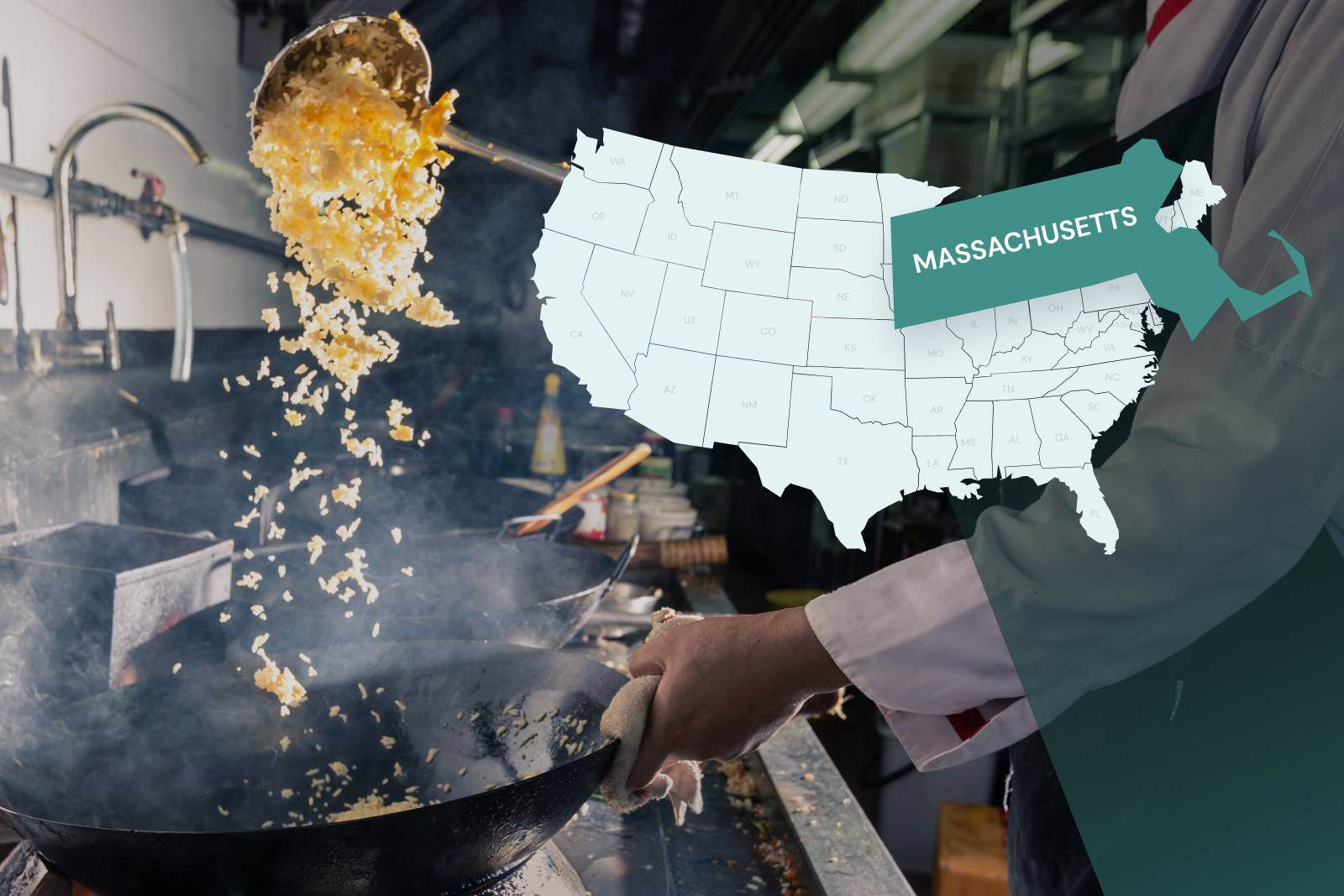In Massachusetts, guaranteeing an exceptional dining experience goes beyond perfecting that bowl of clam chowder or creating the most mouthwatering lobster roll. Food safety is critical to the success of every single dining establishment in the state.
Like most states, the Commonwealth of Massachusetts requires specific training and certifications for foodservice professionals. Read on to learn about the state requirements in the Bay State.
In this blog, we’ll cover:
Which version of the FDA Food Code does Massachusetts use?
Does Massachusetts require food handler training?
Does Massachusetts require allergen awareness training?
Does Massachusetts require food manager certification?
Which version of the FDA Food Code does Massachusetts use?
The U.S. Food and Drug Administration (FDA) crafts the federal food safety guidance for all the states in the country. However, states, territories, counties, and cities can adjust those guidelines to meet their needs.1
The Massachusetts Department of Public Health (DPH) adopted parts of the FDA 2013 Food Code to create the Massachusetts Retail Food Code.2, 3
Does Massachusetts require food handler training?
No, food handler training and food handler cards are not required in Massachusetts. However, your local health department or employer may have other requirements.
Does Massachusetts require allergen awareness training?
Yes, Massachusetts requires . In fact, the state has a dedicated Food Allergen Awareness Act under Section 6B of the food allergen awareness training Massachusetts Retail Food Code.
Food establishments that cook, prepare, or serve food intended for immediate consumption need a certified food protection manager on staff who has been issued a Massachusetts certificate of allergen awareness training from an approved program.4
Training programs (like Trust20's Food Allergy Certificate Training) must be accredited by the American National Standards Institute (ANSI) National Accreditation Board (ANAB).
At least one food protection manager at every establishment must complete allergen awareness training in addition to earning their certification credentials.
Additional food allergen awareness requirements
The General Laws of Massachusetts require two additional allergen awareness measures.
First, all foodservice establishments must prominently display allergen awareness posters approved by the Massachusetts DPH. The state's website has links to approved posters that you can download.5 These posters must include information about the risk of allergic reactions and how to address them.
Secondly, all menus and menu boards must include a notice to customers about their obligation to inform their servers about any food allergies. The notice must state: Before placing your order, please inform your server if a person in your party has a food allergy.
Does Massachusetts require food manager certification?
Yes, according to the Massachusetts Retail Food Code, at least one person in charge must also be a certified food protection manager. This person in charge must be an on-site manager or supervisor who is 18 or older.
To become certified, you must pass a certification exam from a nationally accredited provider, such as Trust20’s ANAB-CFP accredited Food Protection Manager Certification program.
The Takeaway
Food safety training and certification are essential to the success of a food establishment–and to public health. The state requirements for food allergy training and food manager certification are a valuable part of food safety efforts in Massachusetts. Understanding these requirements can help you protect your customers and your establishment from the dangers of foodborne illnesses.
Sources
-
FDA: 2013 FDA Food Code
-
Massachusetts Department of Public Health: Massachusetts Department of Public Health (DPH)
-
Massachusetts Department of Public Health: Massachusetts Retail Food Code (105 CMR 590)
-
State of Massachusetts: Mass.gov: Food allergen awareness and regulation
-
State of Massachusetts: The official website for the Commonwealth of Massachusetts: Massachusetts Food Protection Manager Certification Exam and Trainer Directory





.png)

.png)
